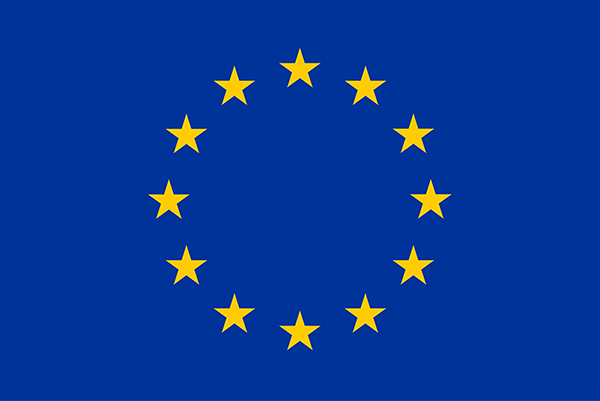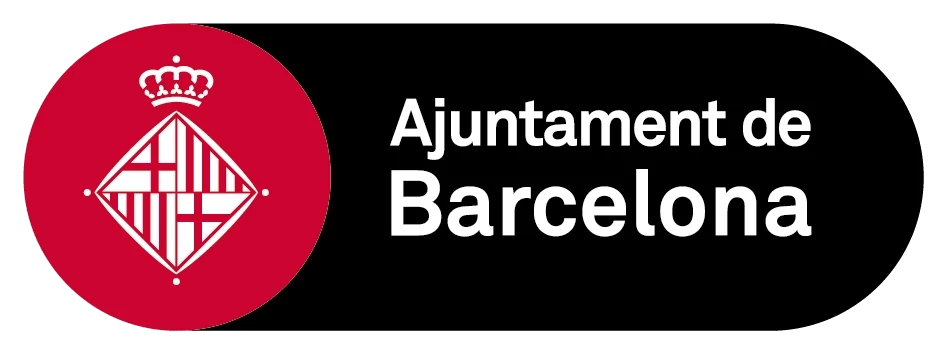Nieuws en updates
Laatste nieuws over SMILES
The Guardian Foundation supports media literacy by going Behind the Headlines
Media literacy skills, knowledge and confidence are fundamental in being able to navigate our fast-paced digital world. Young people need to be inspired and supported to engage with the news and media they consume, understand how it is produced and develop the critical analysis skills to recognise mis and disinformation.
For 20 years, our award winning news and media literacy programmes Behind the Headlines (Externe link) (for young people aged 11-25) and NewsWise (Externe link) (for children aged 7-11) have been addressing this need by delivering innovative workshops, resources and training rooted in journalism production, the UK curriculum and educational best practice. Since we started, 163,000 young people and teachers have participated, inspiring the next generation of journalists, media professionals and consumers of news.
More broadly at The Guardian Foundation (Externe link), we work with journalists, news organisations, audiences and educators, in schools and across communities to boost news and media literacy, facilitate inclusion in the media and build capacity for free press to thrive across the globe.
Behind the Headlines – opening up the world of news and media
Our workshops for schools and colleges
Onsite – students can participate in full or half day interactive news and editing workshops (Externe link) at our classroom based at the Guardian offices in London. They produce a newspaper front page in real time to a deadline and learn how stories are researched, verified, structured, edited and disseminated.
“Students are much better able to engage with and discuss news as a direct result of this experience. What is really lovely is the way in which it engaged the stronger students as much as it engaged those who are sometimes weaker or more distracted. A brilliant workshop.” Teacher, George Monoux College, London
Virtual – we deliver sessions to schools as part of a blended learning approach with resources provided to teachers before and after the session. Students then put the learning into practice by creating a news or media product. Having a virtual offering means we can reach more young people in all regions of the UK.
In our virtual ‘Fake or for real?’ workshop (Externe link), we engage with students about how they consume news, get them to analyse the different ways that stories can be misleading, discuss questioning framework and lateral research skills. They go on to create their own ‘Fake or for real?’ presentation taking inspiration from a Guardian Instagram series.
“Students feel like they are able to question what they see online and more specifically on social media. They have found a new appreciation for the media and news.” Teacher, Moat Community College, Leicester
In our Future of news workshop (Externe link), we work with the Guardian’s user experience team to give young people an insight into careers not only in journalism but media and technology.
News and media literacy resources
We provide a range of free downloadable resources (Externe link) that can be used to embed news and media literacy across the secondary age curriculum – including lesson guidance, activities, workshops and display materials.
In 2022 we created distinct and age appropriate resources, teacher guidance and training (Externe link) to support secondary school teachers working with students with special educational needs (SEND), funded by the Department for Digital, Culture, Media and Sport (DCMS). The resources were co-produced with eight teachers ensuring extensive input, guidance and evaluation from teachers and their students.
Teacher training and train the trainer
We support teachers, and other educators like librarians, to deliver news and media literacy education across the secondary school age range. We do this by providing initial teacher training, webinars and bespoke sessions. (Externe link) Through this work, we have found that scaling media literacy education in secondary schools can be difficult. We have started to address this need with a ‘train the trainer’ approach, so that a teacher attending our onsite Education Centre with their class can subsequently access lesson plans and other resources to deliver to other students in the same school.
We’ve also been directly training teachers to deliver sessions themselves, spreading our impact beyond one class by embedding media literacy knowledge that goes beyond individual workshops.
Where next – scaling media literacy with peer learning
Funding from the DCMS programme grant has enabled us to realise our long term aim of a peer learning outreach project (Externe link). Our new initiative with schools with high free school meals and low levels of literacy in central England kicks off in January. Supporting young people aged 14-18 to navigate online media and build resilience to misinformation in a fun and engaging way, our team will work with a selected group of students to design and deliver sessions to their peers in their schools. Watch this space!
---
Margaret Holborn is the Head of secondary and higher ducation at The Guardian Foundation, UK.
Article reposted with permission from Media & Learning Association (Externe link)


